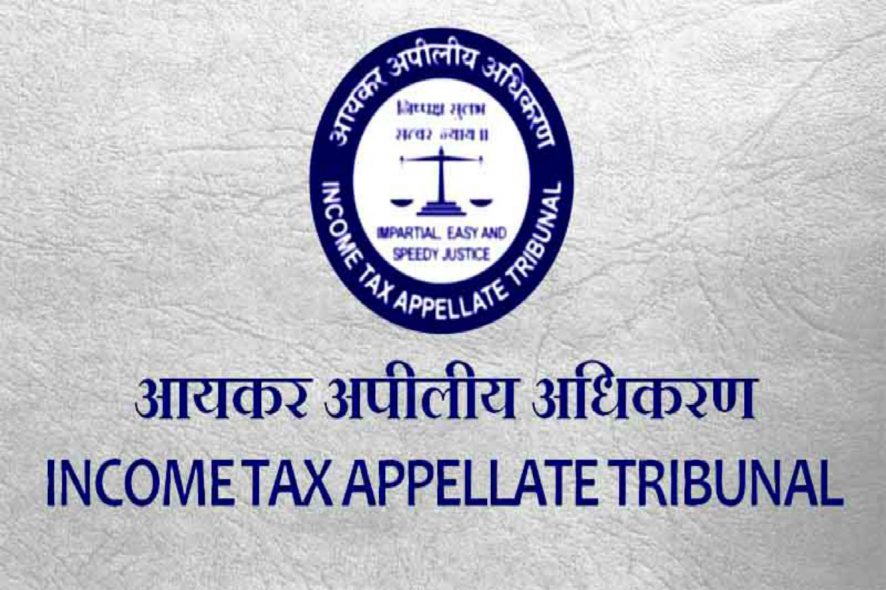Income Tax Appellate Tribunal (ITAT): While deciding the instant appeal wherein the relevant question arose that whether the interest paid on late payment of TDS after deduction can be claimed as expenditure for determining the taxable income; the Bench of A.D. Jain (Vice President) and Dr B.R.R Kumar (Accountant Member) examined the issue of allowability as per the provisions of Income Tax Act and various judicial pronouncements. The Bench held that interest payment on late payment of TDS is not eligible business expenditure for deduction and it is not compensatory in nature. Payment of interest on late deposit of TDS levied under Section 201(1-A) is neither an expenditure only and exclusively incurred for the purpose of the business and therefore the same is not allowable as deduction u/s 37(1) of the Act.
Facts of the case: The assessee via its letter dated 12-03-2015 submitted copy of ledger account of interest on TDS. The assessee itself agreed that interest on TDS amounting to Rs. 9,70,248 was not added back in the computation of income. Interest on TDS is not allowable as per provision of Income Tax Act, 1961. Accordingly, expenses of Rs. 9,70,248 were disallowed and added back to the income of the assessee.
Observations: The Tribunal considered the question of allowability notwithstanding the contentions of the assessee before the Revenue. Some of the salient observations made by the Bench are as follows-
- Section 201(1-A) of the Income Tax Act mandates assessee to pay simple interest at 1.5% per month or part of the month in case of delay in remittance of TDS amount deducted, to the treasury of the Central Government. For claiming expenditure and arriving at the taxable income, the Income Tax Act states twin conditions – allowance of expenditure as per Sections 30 to 37 and non-allowable expenditure as per Sections 40, 43B. The same are applicable for claiming the interest paid on late remittance of TDS.
- Interest as defined in Section 2(28A) of Income Tax Act means interest payable in any manner in respect of any moneys borrowed or debt incurred (including a deposit, claim or other similar right or obligation) and includes any service fee or other charge in respect of the moneys borrowed or debt incurred or in respect of any credit facility which has not been utilized. Section 36(1)(iii) of the Act provides deduction of the interest paid in respect of capital borrowed for the purpose of the business or profession.
- Interest on late payment of TDS is not covered under Sections 30-36 of the Act and thus qualifies for consideration under Section 37. It is neither capital expenditure nor personal expenditure of the Assessee. The Tribunal pointed out that Courts have time and again held that interest expenses on late payment of taxes which are compensatory in nature, should be treated as expended wholly and exclusively for the purposes of the business or profession, since responsibility of payment of taxes including deduction and remittance of TDS is part and parcel of the business operations and the assessee has no right to utilize such monies collected from others on behalf of the government.
- The Tribunal relied on the judicial pronouncements of Lachmandas Mathuradas v. CIT, (2002) 254 ITR 799; Commissioner of Income-Tax v. Chennai Properties and Investment Ltd., 1998 SCC OnLine Mad 1095; Velankani Information Systems Ltd. v. CIT, 2018 SCC OnLine ITAT 17731 wherein the issues vis-à-vis disallowance of interest on TDS payments were addressed. The Tribunal observed that, “Payment of interest takes colour from the nature of the levy with reference to which such interest is paid and the tax required to be but not paid in time, which renders the assessee liable for payment of interest was in the nature of a direct tax and similar to the income-tax payable under the Income Tax Act. The interest paid under Section 201(1A) of the Act, therefore, would not assume the character of business expenditure and cannot be regarded as a compensatory payment”.
[Universal Energies Ltd. v. DCIT, ITA No. 2761/Del/2018, decided on 26-07-2022]
Advocates appearing in the case
Assessee by: Sudesh Garg, Adv. and Sahil Aggarwal, CA
Revenue by: K. A. Manu, Sr. DR
*Sucheta Sarkar, Editorial Assistant has prepared this brief.






